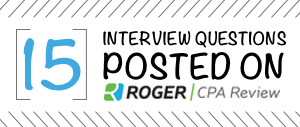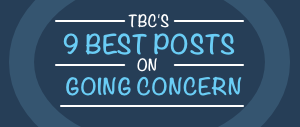From the mailbag about “paying off student loans each month, or saving big chunks”:
Hey Andrew,
I came across your post/ site and wanted to thank you for the inspirational story. I’ve been paying interest only on my $60k loans since graduation and am ready to be more aggressive.
From your post, it seems like you saved extra monthly income in order to make a large payment over putting extra income toward your loans each month in small increments. Did you see better results this way?
My current plan is to begin tracking my money and set a low budget, save up toward a 3-month emergency fund, then begin saving all extra income toward loans until I can make a large payment. I plan to attack loans in order of interest rate.
Do you have any other suggestions?
Thanks again – appreciate anything else you can share.
Jeremy
I was so excited to see this question.
I have received so many emails about my debt story, but I know this feeling.
Once you look yourself in the mirror and say, “let’s get this thing in gear!”.
Questions come up. Lots of questions.
How much should I be spending on food?
Should I save for retirement or pause?
Which loans should I pay off first?
How big should my emergency fund be?
And many more.
So let’s get into the questions Jeremy asked above:
Should you save extra each month, or save up big chunks to throw at your debt?
I through big chunks at the debt, but I wouldn’t always recommend that.
If you have a stable job, with no plans to leave, and little to no chance of being fired, I would pay the monthly amounts.
The 14 month period where I realized I needed to save and pay down debt, I had no job.
I had by businesses I had started and a little bit of contract accounting work.
I was scared to throw all my money at the debt until I had a very comfortable nest egg that could last me through the ups and downs of entrepreneurship.
So as a general rule:
Stable income: pay monthly
Unstable income: stockpile until you can throw big chunks
Should I attack the loans in order of interest rate?
Generally now.
I would try to have a plan to pay off your debt in less than 2 years.
At the maximum, you will probably only save a few hundred dollars by doing that.
But I think more important than the few hundred bucks is your confidence.
My wife and I knocked out the smallest loans first:
$3,5K – BAM, gone
$5K – BAM, gone
$8K – BAM, see ya!
Many famous personal financial professionals call this the “Snowball Method”.
You pay off your debt smallest to largest. Why?
Because it builds confidence. You gain momentum as you see your bills closed and fewer payments made.
Any other suggestions?
Get an extra job, or three. Never give up.
You may be a successful accountant, but that doesn’t mean you can’t be an Uber driver on Saturday and Sunday.
Ya, your friends might make fun of you.
But guess what? They’re probably broke.
Find out what you can do in your free time to earn a little cash. Throw 100% of that money at your debt and you will finish much faster.







